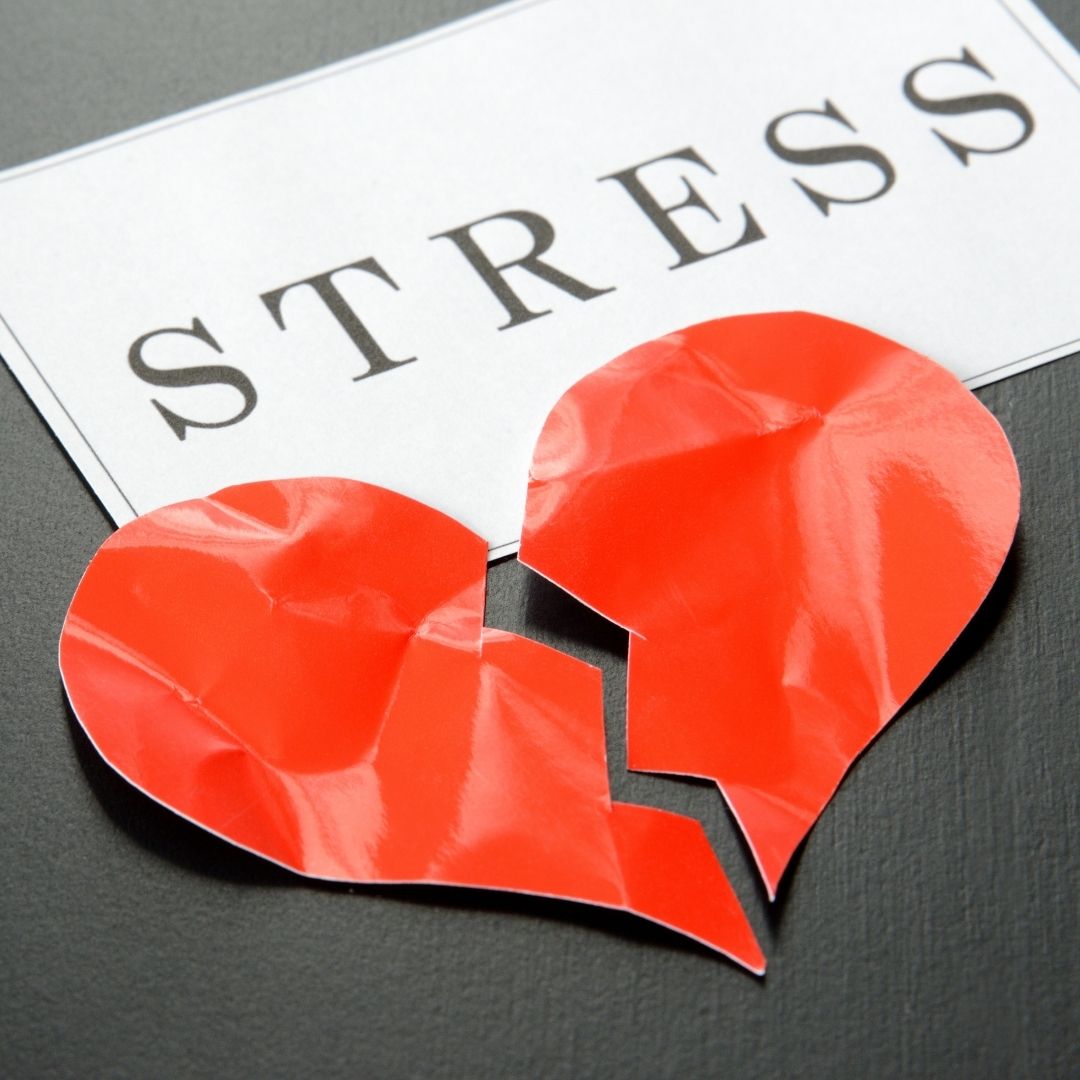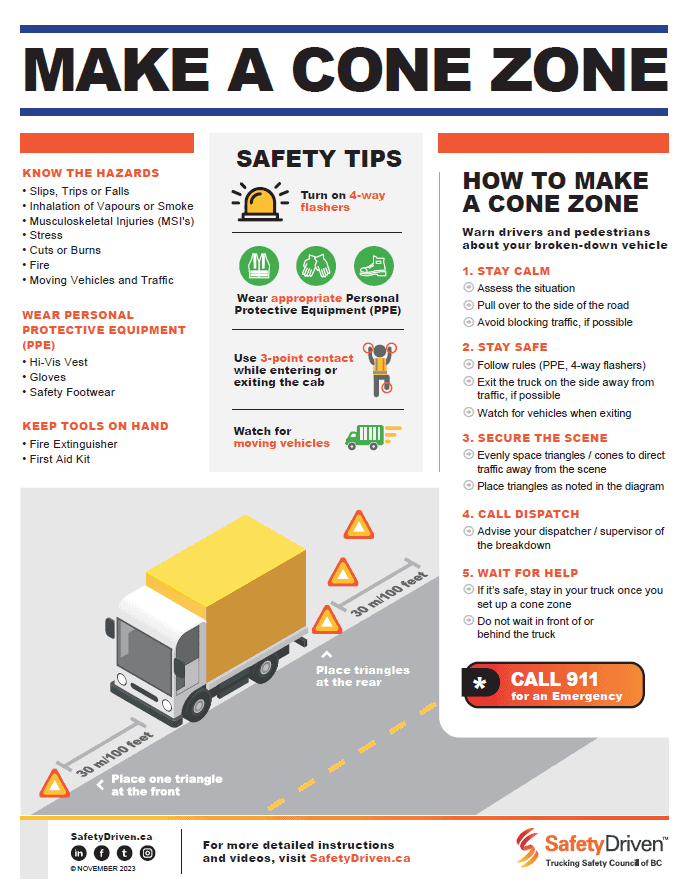
Get a Grip on Stress
Don’t let stress control your life
Stress may be affecting your health, even though you may not be aware of it.
Stress is a fact of life, as certain as death and taxes. It affects everyone in some measure and can cause physical and psychological issues. Keeping stress from getting the better of us improves our physical and mental health.
The good news is that not all stress is bad. Good stress, which scientists call eustress, is when you are excited and happy—your heart rate rises and hormones surge but you don’t feel threatened. It keeps you happy and excited about life, and you generally have some control over it. But good stress can become harmful if you experience it too much (adrenaline junkies be warned).
Bad stress is the kind that makes you unhappy; it can be sudden (acute) or long-term (chronic). Acute stress comes from quick surprises that trigger your body’s stress response—the fight, flight, or freeze response. Acute stress isn’t generally harmful if you can relax quickly afterward; once the stressor is addressed, the body returns to the way it was before. Chronic stress is when you face the same stressor over and over, like problems at home or a bad situation at work—it is hard on your body and can feel overwhelming.
Part of addressing chronic stress is understanding that it exists. Dealing with stress on the job as a professional driver begins with identifying its source. While we all react differently to events in our lives, and our stressors vary, some are common:
• Reduced work
• Uncertainty, personally or professionally
• Worrying about a specific situation
• Extra pressure
• Feeling overwhelmed with additional responsibilities
• Life changes
Having identified the source of your stress, you can decide which things you cannot control and which you can. In either case, it’s important to make some changes to protect your health. Chronic stress can contribute to high blood pressure, heart disease, obesity, and diabetes.
Keep a journal for one or two weeks to identify the situations that create the most stress and how you respond to each situation. Self-imposed stress may be reduced or eliminated by changing your responses, such as counting to 10 when you are frustrated instead of yelling at someone. Take time to recharge your batteries by switching off your work routine. You may feel relief through relaxation techniques such as regular exercise or deep breathing, or doing hobbies unrelated to the cause of your stress. It helps to take time to relax outside of the work routine.
Stay organized to avoid frustration; if you’re not normally very organized and feel overwhelmed, ask for help from someone who is well-organized. Taking control of your responsibilities will put you back in the driver’s seat.
If most of your stress is work-related, consider talking to your supervisor or fleet manager or a counsellor. Keeping stress bottled up does not control it; it is merely a mask that will eventually slip. Remember that the purpose of this conversation isn’t about listing all your complaints; it’s about coming up with an effective plan for managing your stress, possibly by changing your response, so you can feel better at work.
You can’t avoid stress on the job, but committing to making changes will help you manage your stress with the goal of improving your overall health.
Latest Resources
Make a Cone Zone
Dowload this poster for tips on how to make a safe cone zone.Winter Hazards Poster
Drivers need to recognize winter hazards. Share this poster to remind drivers how to ...

